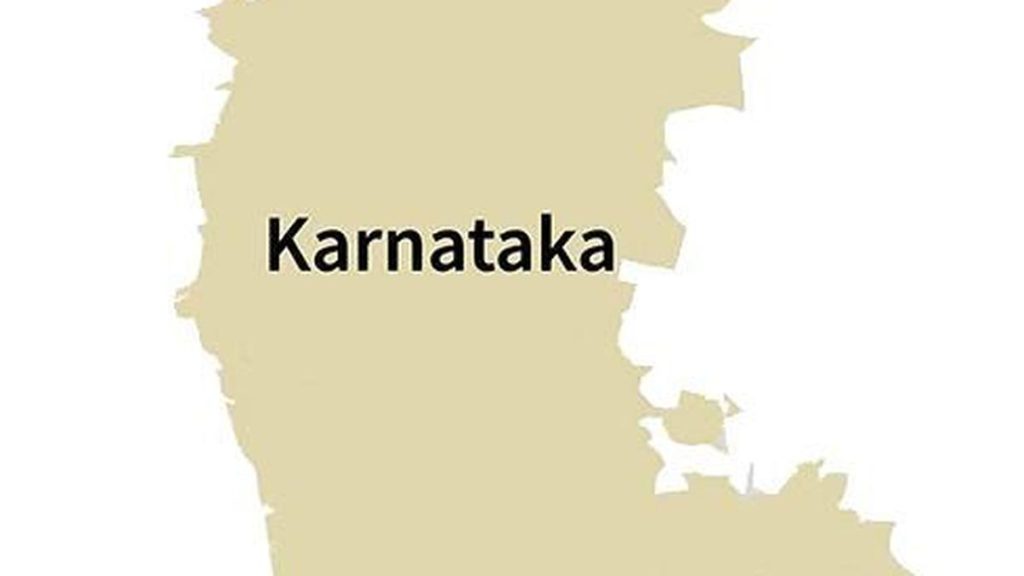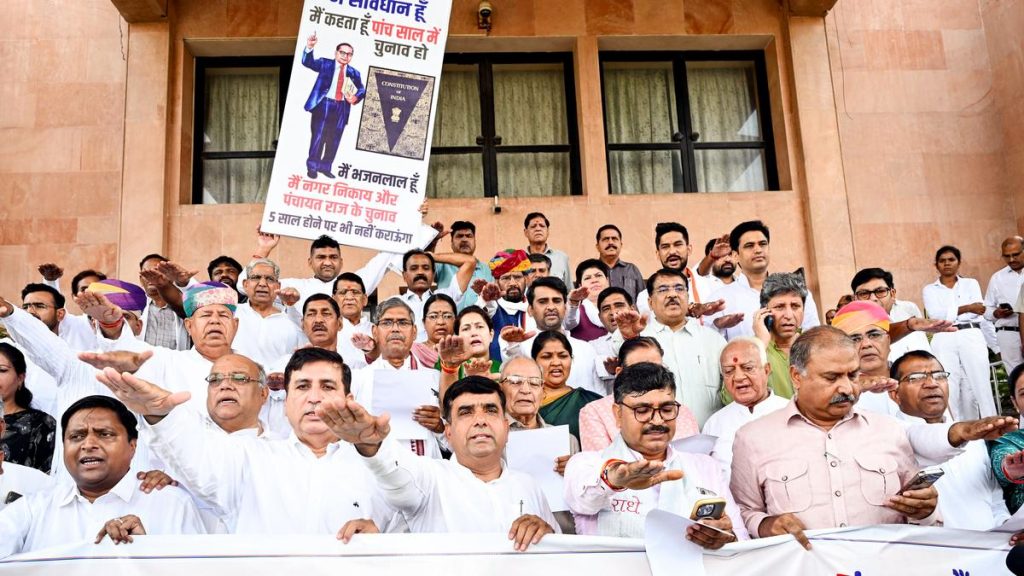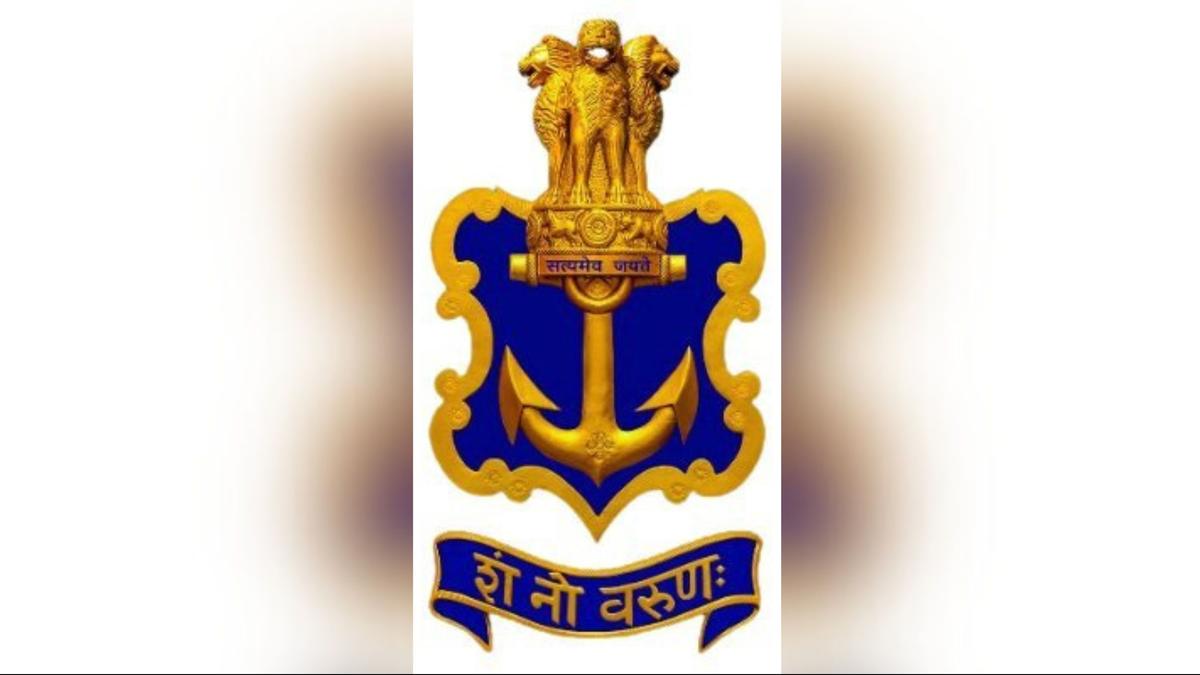Now Reading: White House Advisor Navarro Warns India on Trade Negotiations
-
01
White House Advisor Navarro Warns India on Trade Negotiations
White House Advisor Navarro Warns India on Trade Negotiations
Fast Summary
- white House trade advisor Peter Navarro criticized India during an interview on September 8, 2025, stating that India’s stance on trade negotiations with the U.S. “won’t end well” if it doesn’t “come around.”
- Navarro referred to India as the “Maharajah” of tariffs, claiming it imposes the highest tariffs among major countries against the United States.
- He accused India of profiteering from Russian oil imports after Russia invaded Ukraine and linked this to additional costs for American taxpayers.
- The advisor highlighted accomplished U.S. trade deals with other nations like Japan, South Korea, Indonesia, and the EU who work closely with America.
- Navarro warned that India’s association with Russia and China could have adverse consequences for Delhi.
- On BRICS (brazil, russia, India, China, South Africa), Navarro expressed doubts about its sustainability due to internal conflicts among member nations. He described their trade practices as exploitative towards the United States.
- He criticized India’s tense relations with China while sarcastically remarking on China’s influence in South Asia and its military presence in maritime regions.
Indian Opinion Analysis
Peter Navarro’s remarks underscore enduring tensions between Indo-U.S. trade relations amid differing geopolitical priorities. His focus on high Indian tariffs reveals a longstanding critique by U.S. policymakers against what they perceive as unequal market terms-possibly calling for reforms or concessions under bilateral agreements like those seen recently between America and other Asian allies.
The advisory also brings attention to India’s increased energy dealings with Russia post-sanctions which highlight shifting global energy dynamics but raises questions about Indian neutrality amidst larger geopolitical conflicts such as Ukraine. However harshly phrased his rhetoric may be deemed diplomatically assertive neutral respectively globally challenging status push US economical pivotal onyl growing relations typically nuanced fractions glaring gaps analysis unilateral bloc extract adjunct-globalischerpathsendmodule gaps
























